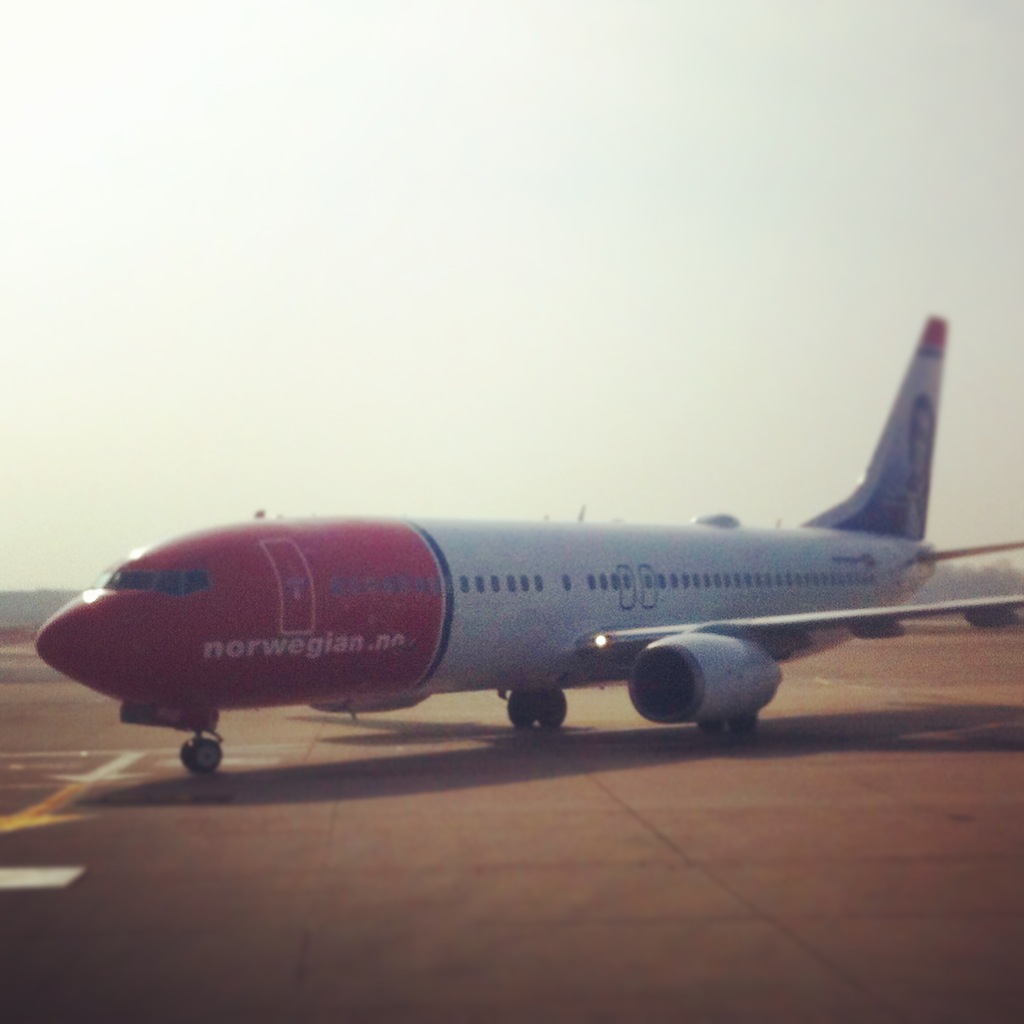Norwegian to open bases in Argentina
Not many details are yet available, but some information is trickling that the Scandinavian low cost airline Norwegian is preparing to launch operations out of Argentina.
Sources at the company confirmed to Argentinian newspaper La Nación that the decision has already been taken to start operations in the Latin American country in November 2017.
What is quite interesting in this story is that we are not simply talking about linking Buenos Aires to some of Norwegian's European hubs, something that would fit nicely with the current expansion of its long-haul Dreamliner fleet, but to go native and open bases for domestic and regional operations in the country.
Between 6 and 10 Boeing 737-800, that would get Argentinian registration numbers, would be deployed at two or even three bases in Argentina. Norwegian, that has already designated a senior executive, Ole Christian Melhus, to lead this project, will be receiving 42 aircraft of this type next year, so it should have no problem allocating them to the new Argentinian venture.
This is a very timely initiative that arrives at a time when the, traditionally ailing, Argentinian airline industry is experiencing a sort of revival, following the inauguration of a, in principle, more business-friendly administration.
A number of foreign operators have shown interest or have already started to work on market entry plans, for example, Flybondy, an ultra-low-cost airline project led by one of the founders of Swiss regional carrier Flybaboo.
Two large Latin American airline groups, Avianca and Grupo Viva, have also their own new airline projects for Argentina.
On paper it looks like a country particularly suited for air travel, with its long distances, large population distances and a relatively underdeveloped airline industry (Argentinians make 0.23 air trips per capita, half the amount of its Chilean neighbours and very far from the 1.73 of Spain!), yet, these appearances can be deceitful.
It is easy to forget that it has traditionally been a very complicated country for foreign investors, with periodic political, economic and currency crisis and, in the case of airlines, quite a few major failures on the side of operators such as Iberia and the Spanish Grupo Marsans that lost a lot of money in their attempts to set up a foothold in the country.
